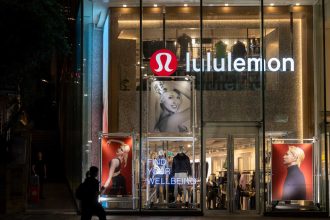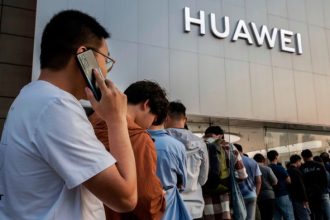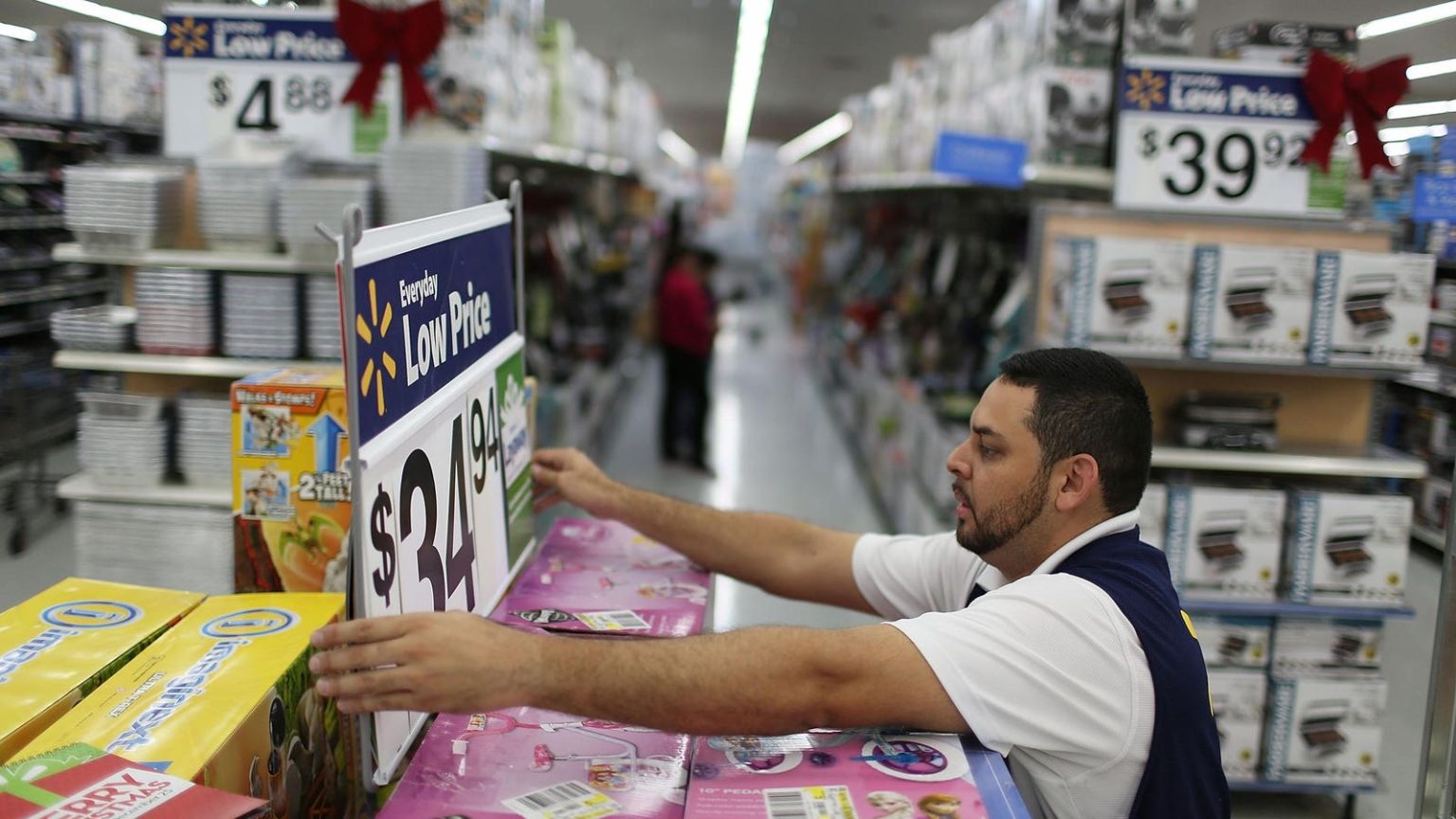Managing supply chains is rough for any company, as the past few years have shown. For a retailing goliath like Walmart
WMT
That’s why it was intriguing to see in late November that Walmart had signed a deal with a company with the unlikely name of Bamboo Rose to help streamline the Bentonville, Arkansas-based retailer’s supply chain.
The Bamboo Rose software is designed to make it easier for Walmart’s buyers and product developers to work with its tens of thousands of suppliers around the globe, improving quality, cutting costs and helping to reduce food waste. Financial terms of the deal weren’t disclosed, but the companies said that Bamboo Rose software would be rolled out “across all markets and business units” in both Walmart and Sam’s Club.
“What we’ve been known for is sourcing and purchase-order management, because if you get that wrong everything else falls apart,” Bamboo Rose CEO Matt Stevens told Forbes.
During the pandemic, snarled supply chains showed just how difficult it is for retailers to get the right products on their shelves at the right time. Covid-19 highlighted the importance of what was once a back-office backwater and made it a focus for new technology. Even without global lockdowns, the complexity of negotiating deals with thousands of suppliers, spread across the globe, for potentially millions of products can be daunting. Getting sourcing right can have a decisive impact on a retailer’s profitability and on whether customers come away happy or frustrated.
Gloucester, Massachusetts-based Bamboo Rose has operated largely under the radar for the past 20 years in a space that’s crowded with competitors that include Oracle
ORCL
Complex Supply Chains
In 2001, founder Sue Welch, who had worked in retail, launched Bamboo Rose with Kamal Anand, the company’s chief technology officer today, under the name TradeStone to build out software to help companies manage their products and sourcing. At the time, sourcing decisions were generally managed by endless email chains and clunky spreadsheets, costing retailers time and money. The firm eventually created a marketplace where retailers, wholesalers and suppliers could all work together to speed up the process. “Sue’s vision was to build a collaborative platform,” Stevens said, noting that the company targeted the biggest brands for its software. “She focused on the upper end of the market where the messes are pretty ugly.”
For African grocery chain Shoprite, which has more than 880 global suppliers and 25,000 unique products, Bamboo Rose worked to shorten lead times and reduce changes to purchase orders. For one U.S. home-improvement company (which Bamboo Rose declines to identify) with more than 2,300 stores, the software worked to keep shelves stocked, rotate seasonal items, cut the time to market by six weeks and increase profit margins.
Still, there are many different areas of supply chain, and over the past two decades Bamboo Rose has tried a lot of them. In 2016, the company, which then had 80 retailers on board and was called TradeStone, rebranded as Bamboo Rose and added what it called a B2B marketplace for retailers, wholesalers and suppliers to its existing business in product lifecycle management software. On employee review site Glassdoor, posts from 2017 to 2021 decry micromanagement, bottlenecks and lack of innovation. “The company has gone through a lot of change,” said Lora Cecere, founder of research firm Supply Chain Insights. “They’ve always struggled to find their niche.”
In June 2022, Boulder, Colorado-based private equity firm Rubicon Technology Partners bought an undisclosed stake and Welch left later that year. Stevens, 62, who had previously been the founder and CEO of performance-analytics firm AppNeta, took over as CEO. AppNeta, which had also been funded by Rubicon, was acquired by Broadcom
AVGO
In order to get the company ready for expansion, Bamboo Rose first had to unwind some projects it had done for specific customers that wouldn’t scale, he said. “That’s been a little painful and rocky,” he said. “But we’re through most of it, and every single one of those customers are still here.”
Sam’s Club
In 2019, Bamboo Rose started a project with Sam’s Club, Stevens said. “Sam’s had a sourcing problem, mostly in the dimension of food,” Stevens said. Food is “super, super complex,” he said, because spoilage can occur in transit, potentially causing health issues for customers. As Sam’s rolled out its sourcing platform, Stevens said he began having conversations with Walmart, which had been testing a lot of different vendors for the larger brand, he said. Walmart spokesman Payton McCormick said by email that the company “was confident that working with Bamboo Rose is the right choice for Walmart,” but declined to answer a question about its tests of other sourcing software.
“Walmart approached us in early 2023 and said, ‘We’ve done our due diligence and we don’t think you’re perfect, but we agree with Sam’s that it begins and ends with sourcing and we see a lot of benefits to our customers to having a global sourcing platform,’” said Stevens, who flew to Bentonville to meet with Walmart execs in person earlier this year. Walmart’s McCormick said that the two started working together in February 2023 and expect to complete the rollout over the next 12-to-18 months. “It’s a big challenge — a little scary,” Stevens said. “We’ve almost built out a company within a company.”
The more stores, the more complexity, and the more variety — a hallmark of Walmart — the more difficult. And after the supply chain snags of the pandemic, product sourcing continues to have a moment.
“I think it’s a good time for Bamboo Rose,” Cecere said. “They’ve matured and the market has matured, and people feel more need for software because of what’s happening in the global markets.”
Read the full article here





